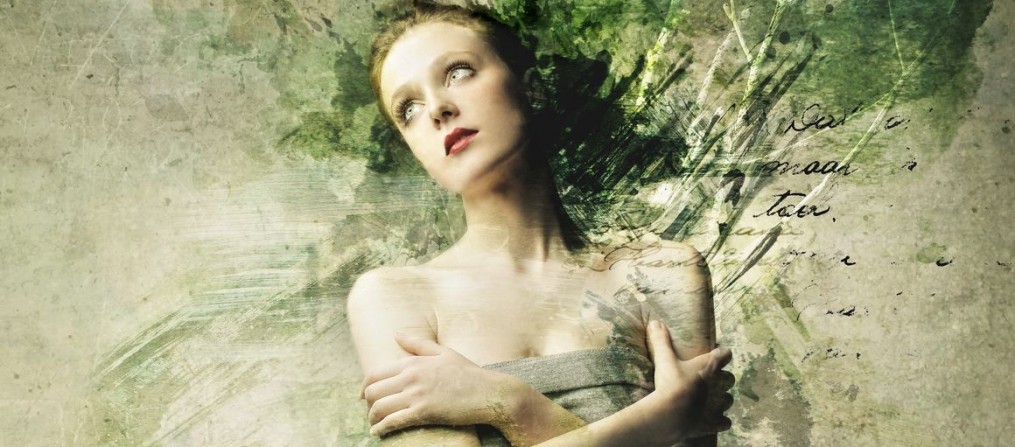Me : “They age fine wines and some good whiskeys in oak caskets.”
(pause, thinking back on what I said)
Me: “Wait! Oak casks, not caskets!”
(giggling)
I love conversations. I love the natural ebb and flow of a spirited discussion. I love the accidental humor, the unintentional ‘tell’ of verbal slips, the pauses that give a more honest answer than words ever can.
I’ve always had a compulsion to record snippets of overheard conversation. One evening back in my early college days, I sat at the word processor*and typed out a conversation in real time, or as close as I could get. I don’t know what happened to that transcript, but I bet it would be impossible to decipher now; my friends and I used a lot of code names for people and had many inside jokes. As important as it seemed then, more than a decade of time dulls all memory, and details that aren’t exhumed often tend to be forgotten. Even granting that I won’t know what the hell we were talking about, I wish I could read that conversation because it would be a snapshot of who we were at that time. Our meat is what we eat, but our spirits are best represented by what we say. Yes, there’s what we do. But before doing, there is talking. And in the talking we learn who we are, or at least who we aspire to be for those to whom we speak. There’s a reason the phrase, “I give you my word” is so powerful. It’s the same reason people who say one thing and do another are deemed untrustworthy. We are our words, and we are delightful, infuriating, beautiful, harsh, surprising, insightful and endless.
I remain captivated by the spoken word. At work, I carry a notebook everywhere and while it does contain technical notes, the margins are filled with captured phrases. I have recorded hundreds of linguistic gems. They are evidence: I was there, this is what was said. This is who we were. Many studies and not a few pieces of literature explore the efficacy of scent in recalling memories. For me, phrases are more evocative than scent.
It seems odd, then, that dialog is one of the toughest parts for me when I am writing. I find it very difficult to get the way we talk onto the page. Once I do get up the courage to get my characters speaking, I have to be very careful that they are not all talking in the same ‘voice.’ It helps me to picture a person I know or a character from a television show, and use that as a model for the verbal behavior of my character. I do not try and make my character “be” the model, just use some of those particular verbal mannerisms. To prevent copying a character (bad!) or a real person (worse!), I combine multiple models. Then I throw in my own oddities and revise, revise, revise. I don’t stop until the character I’ve created speaks as herself and no one else. She is what she says.
When I wrote the script for the STOLEN CLIMATES trailer, I got to experience dialog incarnate. It was my first experience with writing words explicitly intended for someone else to speak. Whether by conscious decision or by accident, the actress modified what I wrote; the sentences morphed as she acted them. In almost every case, we went with her changes because they flowed better. For example, there was one bit of dialog that had the cadence of the American ‘Pledge of Allegiance.’ I didn’t notice that while writing or revising, but it became painfully, horribly evident upon voiced repetition. It was an excellent reminder that all work must be read aloud to weed out the unintentional rhymes and rhythms that can lurk in the printed page. We wrapped the trailer project with a greater appreciation for the hard work that goes into acting, filming and scripting. I also came away with an invigorated appreciation for Joss Whedon’s dialog . If you are unfamiliar with Whedon, check out DOLLHOUSE, FIREFLY and BUFFY THE VAMPIRE SLAYER. Each of those series has amazing dialog, and each has a ‘dialect’ and ‘timbre’ distinct to a particular series. If I could write dialog like Joss Whedon, get to the electrocuting heart of imagery like Plath, and scare you like King in THE SHINING, I’d come close to my own writerly Nirvana.
*I attended college from 95-99. In the first couple of years, more than 50% of students had word processors and not computers in their dorm rooms. I was a member of the word processor camp and can recall writing first and second drafts by hand to save on the cost of ribbons!

